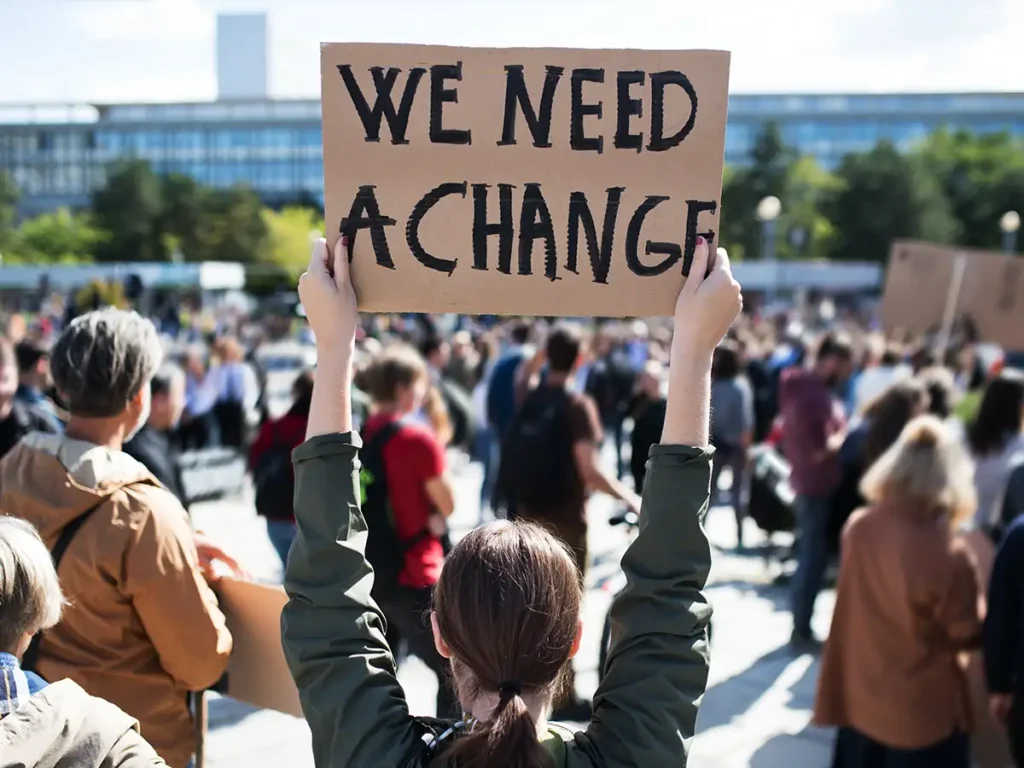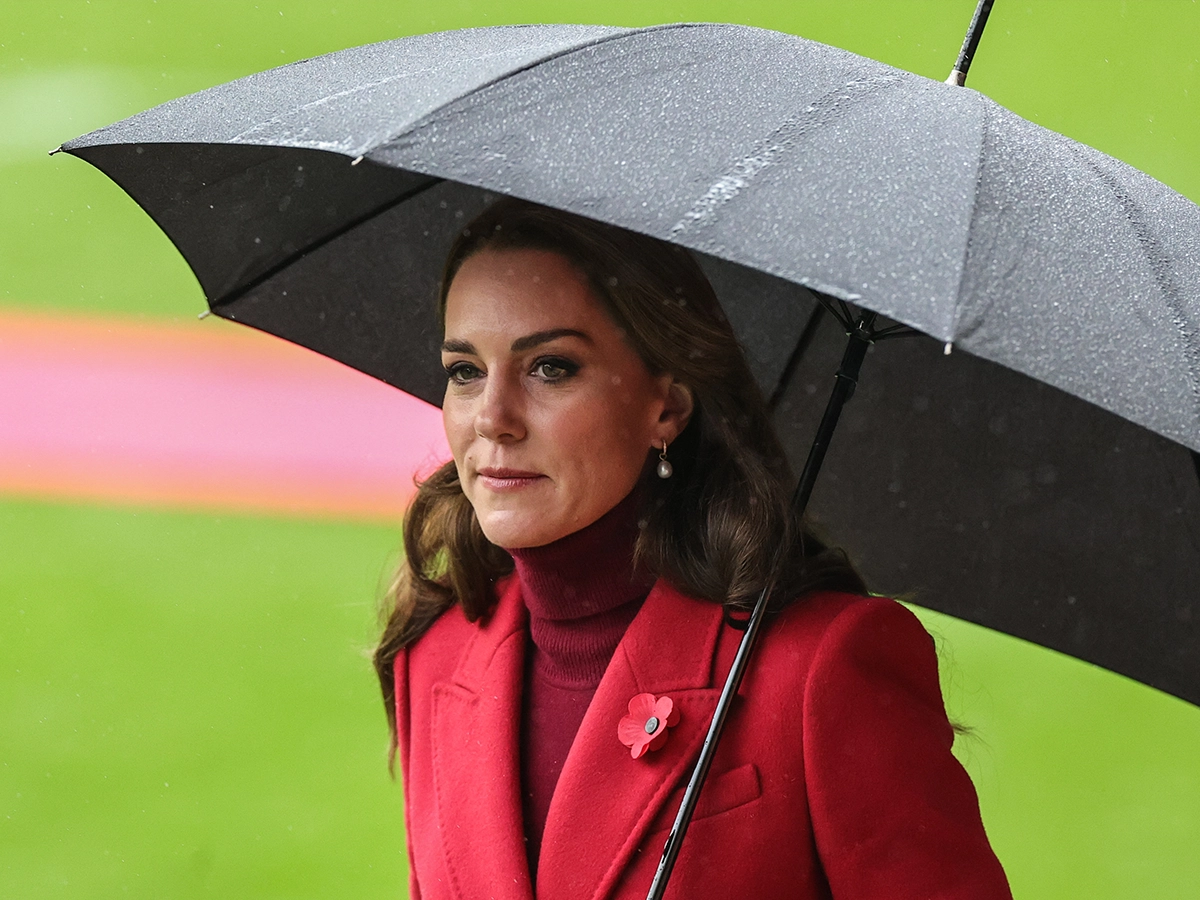Australia urged to accelerate emission reductions for global climate goals

According to a recent scientific analysis, Australia needs to significantly ramp up its efforts to combat climate change and achieve net zero greenhouse gas emissions by 2038. The study, conducted by renowned scientists who contributed to the UN climate panel’s assessment, highlights the need for Australia to take more decisive action in line with the global target of limiting global heating to 1.5 degrees Celsius.
To stay on track for the 1.5-degree goal, Australia’s emissions would need to be reduced by 90% compared to 2005 levels by 2035. This requirement far surpasses the current government’s climate schedule, which aims for a 43% reduction by 2030. The report, commissioned by WWF-Australia, indicates that Australia’s improved target would need to be at least 67% to align with the 1.5-degree objective.
While Australia has set a net zero target for 2050, the analysis suggests that this date should be brought forward to 2038 to ensure the nation’s “fair share” of global efforts. The concept of “fair share” is subject to interpretation and is yet to be agreed upon internationally. However, based on the analysis, Australia’s fair share would equate to a 0.97% contribution to the global carbon budget, taking into account the country’s population size.
The researchers argue that Australia’s current plans would result in approximately 7.6 billion tonnes of CO2-equivalent emissions between 2021 and 2050. This figure is roughly double the recommended budget of 4 billion tonnes for a 50% chance of staying below the 1.5-degree threshold. Experts emphasize the need for rapid, deep, and sustained emissions reductions to align with the 1.5-degree goal and mitigate the adverse impacts of climate change.
Achieving a temperature increase of 1.5 degrees Celsius would help minimize the effects of heatwaves, sea level rise, and extreme temperatures, and protect ecosystems like the Great Barrier Reef. Environmental organizations, such as WWF-Australia, emphasize the importance of Australia setting an example and taking significant action to save the Great Barrier Reef, rather than relying on other countries to carry the burden.
Australia’s government is expected to establish its 2035 emissions reduction target in 2025, following advice from the Climate Change Authority. The authority is currently engaging in a community consultation process on this matter. Meanwhile, the international community awaits the release of an assessment by UNESCO and its science advisers, which will evaluate Australia’s commitments to the Great Barrier Reef conservation. A final decision on the sufficiency of Australia’s efforts will be made by the world heritage committee in September.
Despite these developments, the Australian government has not explicitly addressed whether its 2050 net zero target aligns with the country’s fair share of global efforts to combat climate change. While strong policies are claimed to be in place to achieve the ambitious targets, there is growing pressure on the government to take bolder action and prioritize the urgent need to address the climate crisis.
In conclusion, the analysis underscores the imperative for Australia to accelerate its emission reduction efforts to align with global climate goals. By committing to reaching net zero greenhouse gas emissions by 2038, Australia can make a substantial contribution to containing global heating and safeguarding the planet for future generations.







Have your say